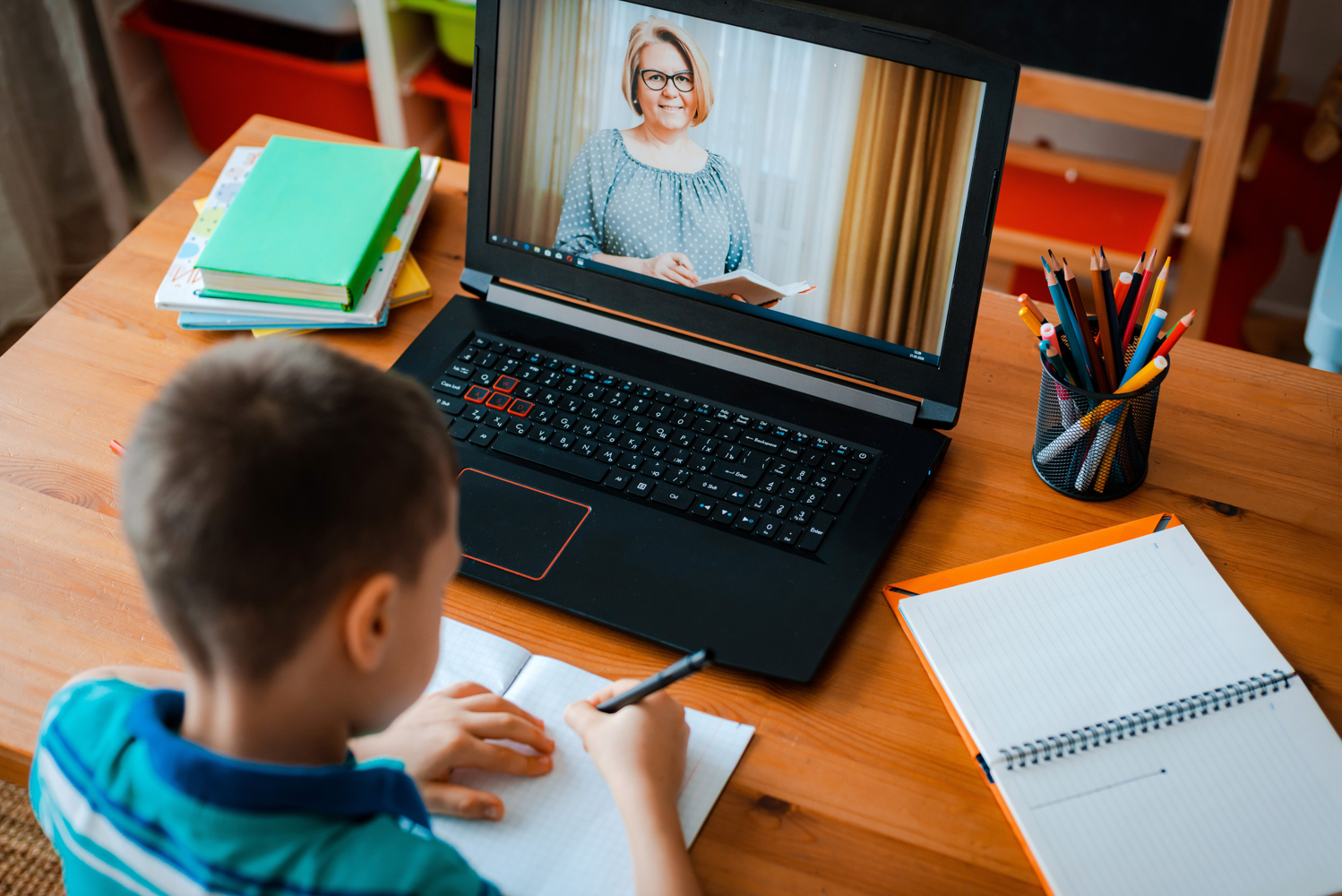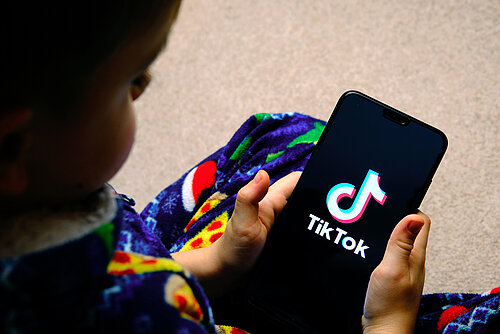
Education
Marketing
Blog
Changing the Channel with Remote Learning

During the pandemic many of us were subjugated to partaking in a nationwide lockdown. With our usual lives being binded within the confines of our homes we adapted. We turned our living rooms into cinemas, our guest rooms into gyms and our dining tables into offices. We picked up our old habits and learnt new skills but what about the children? How was their learning impacted by virtual lessons and staying at home? How did this all affect education?
Education for families has changed dramatically since the pandemic. Having completed my Masters during this time, I saw first hand the benefits and drawbacks to online learning but also the new opportunities that were created.
Online learning allows more flexibility than traditional schools. One of my friends decided to stay at home with his family in Holland as opposed to moving to London, saving money and being able to spend time with his family. For children, if a child is having a tantrum or is distracted they’ll usually miss the content due to time restraints, but with online learning the lesson can simply be paused and then continued once the child has calmed down. In addition to this there is also a much wider range of material available online in the form of youtube lessons.
Educational websites such as The Khan Academy® and Ultimate Academy® allow users to learn an array of subjects and have been popular well before online learning received such a boost.
This form of education only seems to bode well for older students and not so well for younger children, according to a survey conducted by YouGov, parents said their children's grades decreased by an average of 20% during the pandemic with another 33% reporting a decline in learning. Parents indicated that their children needed a social aspect to their learning that virtual lessons could not quite give them. In addition to this it was quite difficult for parents to get their children to concentrate. Given that parents were often busy themselves, getting their children to focus was often a daunting experience.
This seems to have affected children from low- income families and children with disabilities the most as many of them struggle to keep up with the rising costs of electricity and internet.
It seems that education for families has severely been impacted by this boost in online learning and while the benefits for older students seem to be high, for younger children to get the full benefit of online learning they seem to need a structured environment as they get distracted a lot more easily.


